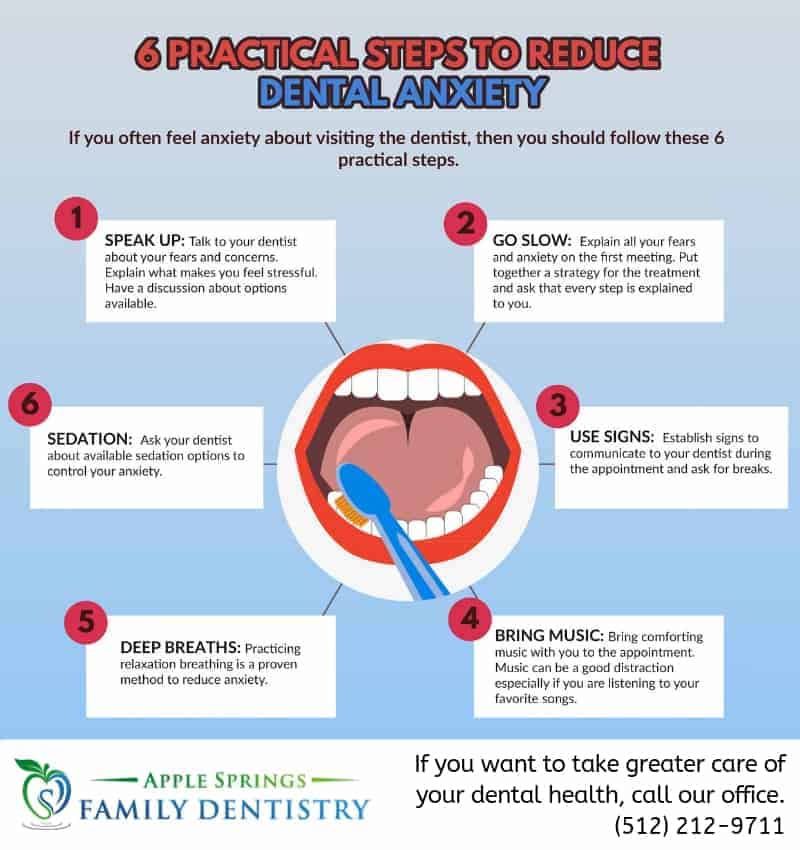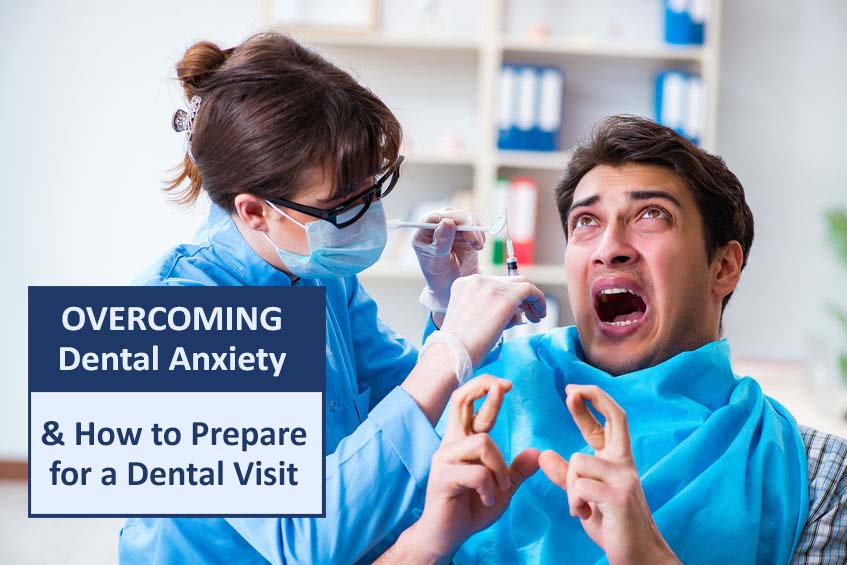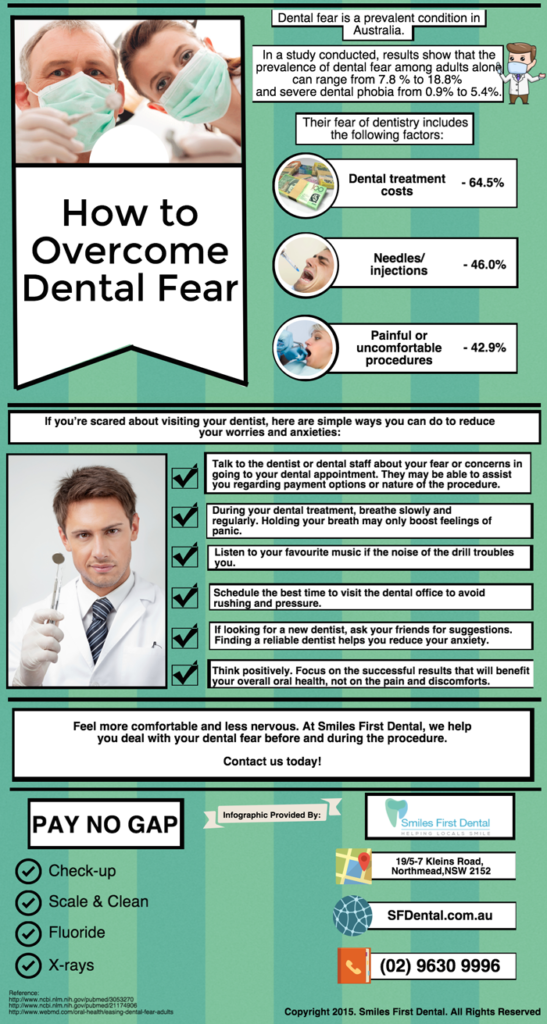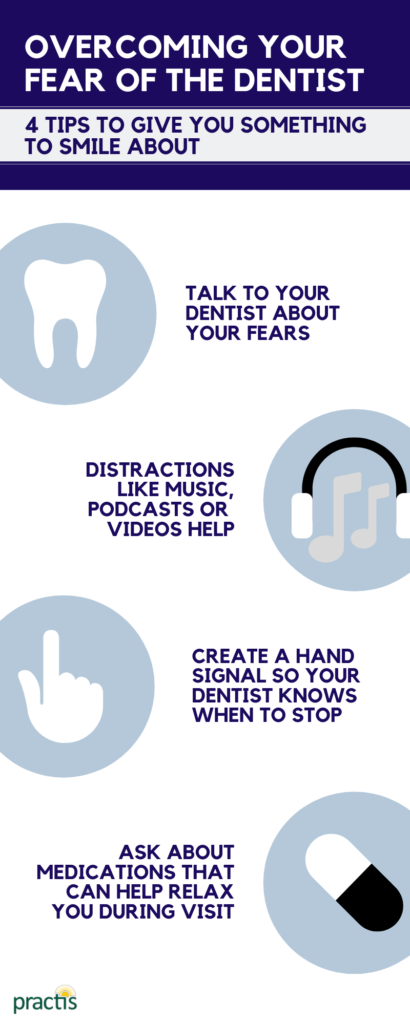Are you afraid of going to the dentist? If so, you’re not alone. Dental phobia affects millions of people worldwide, which is why dental tourism is becoming increasingly popular. This article explores how traveling for dental treatment can help overcome your dental fears and provide a positive, anxiety-free experience. Discover the benefits of dental tourism and how it can help bridge the gap between your fear and achieving optimal oral health.

Table of Contents
ToggleUnderstanding Dental Phobia
Definition of dental phobia
Dental phobia is a type of anxiety disorder characterized by an intense and irrational fear of visiting the dentist or receiving dental treatments. It goes beyond a normal level of apprehension and can cause significant distress and avoidance behavior.
Causes of dental phobia
Dental phobia can stem from various factors, including negative past experiences, fear of pain or injections, a sense of loss of control, embarrassment or self-consciousness about the condition of one’s teeth, and fear of judgment from the dentist. Other possible causes include a history of trauma or abuse, fear of the unknown, or even hearing unsettling stories from others.
Signs and symptoms of dental phobia
For individuals with dental phobia, the prospect of going to the dentist can evoke a range of physical and emotional symptoms. These may include rapid heartbeat, difficulty breathing, sweaty palms, feeling lightheaded or faint, trembling, and extreme anxiety or panic. Some may also experience sleep disturbances, nightmares, or even complete avoidance of dental care, resulting in deteriorating oral health.
Effects of Dental Phobia on Oral Health
Avoidance of dental check-ups and treatments
One of the most significant effects of dental phobia is the avoidance of regular dental check-ups and necessary treatments. This avoidance can lead to undiagnosed and untreated oral health issues such as tooth decay, gum disease, and infections, which may worsen over time and require more extensive and complex interventions.
Increased risk of oral health problems
Due to the avoidance of dental care, individuals with dental phobia face a higher risk of developing oral health problems. Untreated dental issues can progressively deteriorate, leading to tooth loss, chronic pain, and a decline in overall oral health. Moreover, untreated oral infections can potentially cause systemic health problems, further emphasizing the importance of addressing dental phobia.
Impact on overall well-being
Dental phobia not only affects oral health but can also have a significant impact on overall well-being. The constant worry and anxiety about dental visits can cause individuals to experience decreased quality of life, social isolation, and even self-esteem issues due to the visible effects of untreated oral health problems. It is crucial to address dental phobia to improve both oral health and overall well-being.
Introduction to Dental Tourism
Definition of dental tourism
Dental tourism refers to traveling to another country to receive dental care at a more affordable price or to access specialized treatments that may not be readily available in one’s home country. It combines dental treatments with the experience of traveling and exploring new places.
Benefits of dental tourism
There are several benefits to engaging in dental tourism. Firstly, it offers an opportunity to receive high-quality dental care at more affordable prices compared to one’s home country. This is particularly beneficial for individuals without dental insurance or those seeking cosmetic dentistry procedures that may not be covered by insurance. Additionally, dental tourism allows individuals to combine dental treatments with a vacation experience, making it a cost-effective and enjoyable option.
Rise in popularity of dental tourism
In recent years, dental tourism has gained significant popularity worldwide. This can be attributed to several factors, including rising healthcare costs in many countries, long waiting times for dental treatments in certain healthcare systems, and the accessibility of travel options that make it easier and more affordable to seek dental care abroad. Furthermore, advancements in technology and the globalization of dental care have increased the trust and acceptance of seeking dental treatments in foreign countries.
Combining Dental Tourism and Overcoming Dental Phobia
Benefits of dental tourism for individuals with dental phobia
Dental tourism can be an effective way for individuals with dental phobia to overcome their fear and receive necessary dental treatments. By engaging in dental tourism, patients can choose a destination and dental clinic that specializes in treating individuals with dental phobia. This allows for a more understanding and supportive environment, where the dental professionals are experienced in managing anxiety and providing personalized care.
Reduced anxiety and stress
One of the significant benefits of dental tourism for individuals with dental phobia is the reduced anxiety and stress associated with dental visits. Dental clinics that cater to patients with dental phobia often utilize techniques such as sedation dentistry, relaxation techniques, and a compassionate approach to create a calming and comfortable environment. The combination of a supportive dental team and a vacation-like setting can significantly alleviate anxiety and help individuals overcome their fears.
Access to specialized and affordable dental care
Dental tourism provides individuals with the opportunity to access specialized dental care that may not be available or affordable in their home country. Whether it is advanced cosmetic dentistry, specialized oral surgery, or complex restorative procedures, dental tourism destinations often offer a wide range of dental services at a more affordable cost. This allows individuals with dental phobia to receive the necessary treatments while also addressing their budget concerns.

Selecting the Right Dental Tourism Destination
Factors to consider when choosing a dental tourism destination
When selecting a dental tourism destination, there are several factors to consider. Firstly, it is essential to assess the quality and reputation of dental clinics in the destination country. Researching online reviews, checking credentials, and seeking recommendations can help ensure that the chosen dental clinic meets international standards of care.
Quality and reputation of dental clinics
Ensure that the dental clinics in the chosen destination have a reputation for providing high-quality dental care. Look for certifications, accreditations, and affiliations with reputable dental organizations. This ensures that the dental professionals have undergone proper training and adhere to strict guidelines.
Cost of treatments and available options
Compare the cost of treatments in different dental tourism destinations to find an option that fits your budget. However, it is crucial to consider that lower prices should not compromise the quality of care. Look for transparent pricing structures and inquire about the available treatment options to determine if they meet your specific dental needs.
Access to post-treatment care and follow-up
Consider the availability of post-treatment care and follow-up visits when choosing a dental tourism destination. It is essential to ensure that you will have access to any necessary follow-up appointments or support, even after returning home. Clear communication regarding post-treatment care protocols is vital for a successful dental tourism experience.
Travel and accommodation arrangements
Factor in travel logistics and accommodation arrangements when selecting a dental tourism destination. Consider the distance, transportation options, and the availability of nearby accommodations. It is advisable to choose a destination that offers ease of travel and comfortable accommodation options to enhance your overall experience.
Preparing for Dental Tourism
Researching dental clinics and dentists
Take the time to thoroughly research dental clinics and dentists in the chosen destination. Visit their websites, review online testimonials, and assess their expertise and experience in treating individuals with dental phobia. Gathering this information will help you make an informed decision about the dental professionals you will be trusting with your oral health.
Consulting with dental professionals
Before embarking on dental tourism, it is advisable to consult with dental professionals in your home country. Share your concerns, dental health history, and treatment objectives with your local dentist to obtain their input and recommendations. They can provide valuable insights and help you understand the treatments you may require.
Understanding the treatment plan and cost
Once you have selected a dental clinic and communicated with the dental professionals, it is crucial to fully understand the proposed treatment plan and associated costs. Request a comprehensive breakdown of the treatments, their expected outcomes, and any potential risks or complications. Understanding the treatment plan will allow you to make informed decisions and manage any anxiety or concerns.
Obtaining necessary travel documents and insurance
Before traveling for dental tourism, ensure that you have all the necessary travel documents such as a valid passport and any required visas. Additionally, consider obtaining travel insurance that covers any potential emergencies or complications during your dental treatment abroad. This ensures peace of mind and financial security during your dental tourism experience.
Making travel and accommodation arrangements
Once you have finalized the dental clinic, treatment plan, and necessary documentation, make the necessary travel and accommodation arrangements. Book flights, secure accommodations in close proximity to the dental clinic, and plan for transportation within the destination country. Having these arrangements in place ahead of time will make your dental tourism experience smoother and more enjoyable.

During Dental Tourism
Arriving at the destination
Upon arriving at the dental tourism destination, take some time to familiarize yourself with the surroundings and settle into your accommodation. Adjusting to the new environment will help reduce any additional stress or anxiety before your dental appointments.
Meeting the dental team
The first meeting with the dental team is crucial for establishing a rapport and gaining a sense of trust and comfort. Take the opportunity to discuss any concerns or fears you may have, ensuring open communication from the start. The dental professionals will be experienced in dealing with dental phobia and can help address any anxiety you may be experiencing.
Understanding the treatment process
Ensure that you have a clear understanding of the treatment process and what to expect during your dental appointments. The dental team should explain each step of the procedures, the sensations you may experience, and any possible side effects or discomfort. This knowledge will help you feel more prepared and in control during your dental treatments.
Managing anxiety and stress during treatments
During dental treatments, focus on using relaxation techniques such as deep breathing exercises, listening to calming music, or utilizing distractions like watching a movie or reading a book. Communicate openly with the dental team if you need a break or are feeling particularly anxious. They will be equipped to support you throughout the process and ensure your comfort.
After Dental Tourism
Follow-up care and support
After your dental treatments abroad, it is essential to maintain good follow-up care and support. Communicate with your dental team regarding any post-treatment concerns or questions. They should provide clear instructions on post-treatment care, including oral hygiene practices and any necessary follow-up appointments. Regular check-ups with your local dentist are also crucial to monitor the success of the dental treatments and ensure ongoing oral health.
Maintaining oral hygiene and post-treatment care
Following dental tourism, proper oral hygiene practices are essential for maintaining the success of the treatments and overall oral health. Brush and floss regularly, use any prescribed dental products, and follow the specific post-treatment care instructions provided by your dental team. This commitment to oral hygiene will contribute to long-lasting positive outcomes.
Addressing any concerns or complications
In the event of any concerns or complications arising after dental tourism, it is vital to communicate promptly with your dental team. Whether it is persistent pain, complications with the treated area, or any other issues, reach out to your dental professionals for guidance and support. They will be able to provide appropriate advice or arrange for necessary follow-up care.

Success Stories and Testimonials
Personal accounts of individuals who overcame dental phobia through dental tourism
Many individuals have successfully overcome dental phobia through dental tourism, and their personal accounts serve as inspiring success stories. These individuals, previously paralyzed by fear, have found the courage to seek dental care abroad and have embarked on transformative journeys of overcoming their fears while achieving improved oral health. Reading these accounts can provide hope and motivation for those considering dental tourism as a way to conquer dental phobia.
Positive experiences and outcomes
Aside from personal accounts, numerous individuals have also shared positive experiences and outcomes of their dental tourism journeys. These testimonials highlight the high quality of the dental care received, the professionalism and compassion of the dental teams, and the overall satisfaction with the dental tourism experience. Positive experiences and outcomes contribute to the growing popularity of dental tourism as a viable option for overcoming dental phobia and receiving affordable dental care.
Tips for a Successful Dental Tourism Experience
Research and choose a reputable dental clinic and destination
Thoroughly research dental clinics and destinations to ensure you choose a reputable option that meets your needs. Look for testimonials, reviews, and certifications to assess the quality of care provided. Additionally, consider destination factors such as accessibility, safety, and affordability.
Communicate openly with the dental team
Open communication with the dental team is vital for a successful dental tourism experience, especially for individuals with dental phobia. Share your concerns, fears, and expectations openly, and ask questions to ensure you have a clear understanding of the treatments and process. Establishing trust and rapport with the dental team will contribute to a more positive experience.
Take necessary steps to manage dental anxiety
Implementing strategies to manage dental anxiety is crucial for a successful dental tourism experience. Explore relaxation techniques such as deep breathing exercises, meditation, or listening to calming music. Consider utilizing sedation dentistry options if recommended by the dental team. Discuss your anxiety management preferences with the dental professionals to ensure they accommodate your needs.
Follow post-treatment care instructions
Adhering to post-treatment care instructions is essential for the success of your dental treatments. Follow any prescribed oral hygiene practices, take medications as advised, and attend any necessary follow-up appointments. This commitment to post-treatment care will contribute to long-lasting positive outcomes and ensure the longevity of your oral health improvements.
Stay informed and updated on dental health
Continuing to educate yourself about dental health is crucial for maintaining your oral health and preventing future dental issues. Stay informed about proper oral hygiene practices, the latest advancements in dental care, and any recommended follow-up treatments. Regularly visit your local dentist for routine check-ups and take proactive steps to care for your oral health even after your dental tourism experience.
In conclusion, dental phobia can be a debilitating condition that hinders individuals from seeking necessary dental care. Dental tourism offers a promising solution by combining dental treatments with an opportunity to overcome dental phobia in a supportive and affordable environment. By researching and selecting the right dental tourism destination, adequately preparing for the journey, and actively managing anxiety during treatments, individuals can overcome their fears, improve their oral health, and embark on transformative experiences. With the growing popularity of dental tourism and the countless success stories, it is evident that this approach can revolutionize the way individuals with dental phobia approach dental care.



